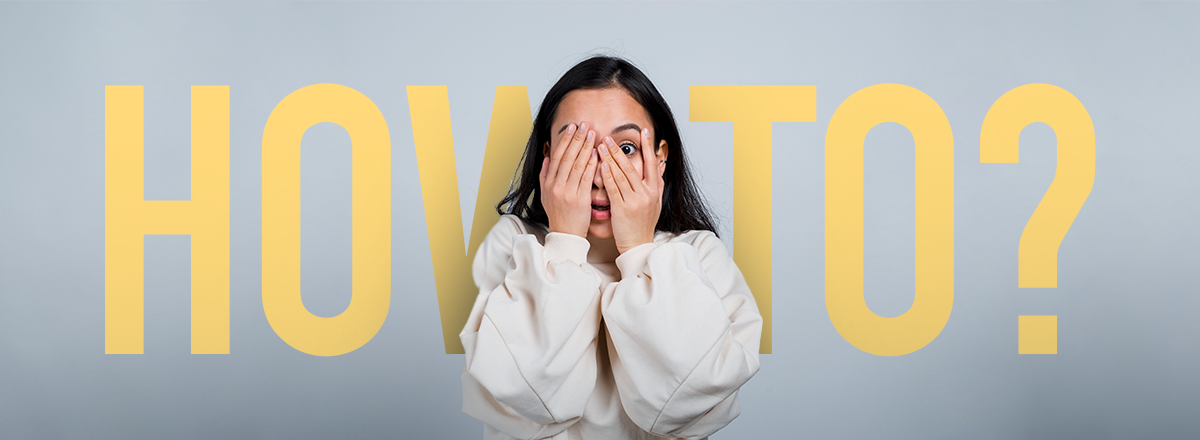In Handy Tips, we find ways to improve your life and make it easier and explain why these tips work. Today, we will tell you why an innocent act of wishing someone a happy birthday on social media is, in fact, more dangerous than it seems.
Recent research by cybersecurity guardians has shown that even wishing someone a happy birthday on social networks lures scammers and cybercriminals.
The term “oversharing” has recently been gaining popularity. It refers to situations when we overshare our personal information on social media, even if it seems non-important, when it is absolutely necessary. When any stranger knows your mother's maiden name, your dog's name, and the fact that you have been chilling in Egypt for two weeks and will not be back soon, expect trouble.
Research shows that 75% of us have friends who talk too much about themselves and their friends on social media. They share everything: what they eat, where they go, where they work, whom they voted for, where they studied, whom they meet, what they bought, what they sold, etc. 56% of Facebook users say that their friends regularly indicate their location on social networks. Unsurprisingly, one in five of them complained that their account was hacked. 11% of the hacked users lost their money.

It may seem innocent to wish someone a happy birthday or to share your location on social media, but scammers gather information from all possible sources, which is eventually enough for them to deceive people. Scammers also do not mind congratulating you on the holiday, slipping a dangerous link into the message. We may think that this is not a big thing, but statistics assure that millions of people fall prey to scammers on Facebook alone.














